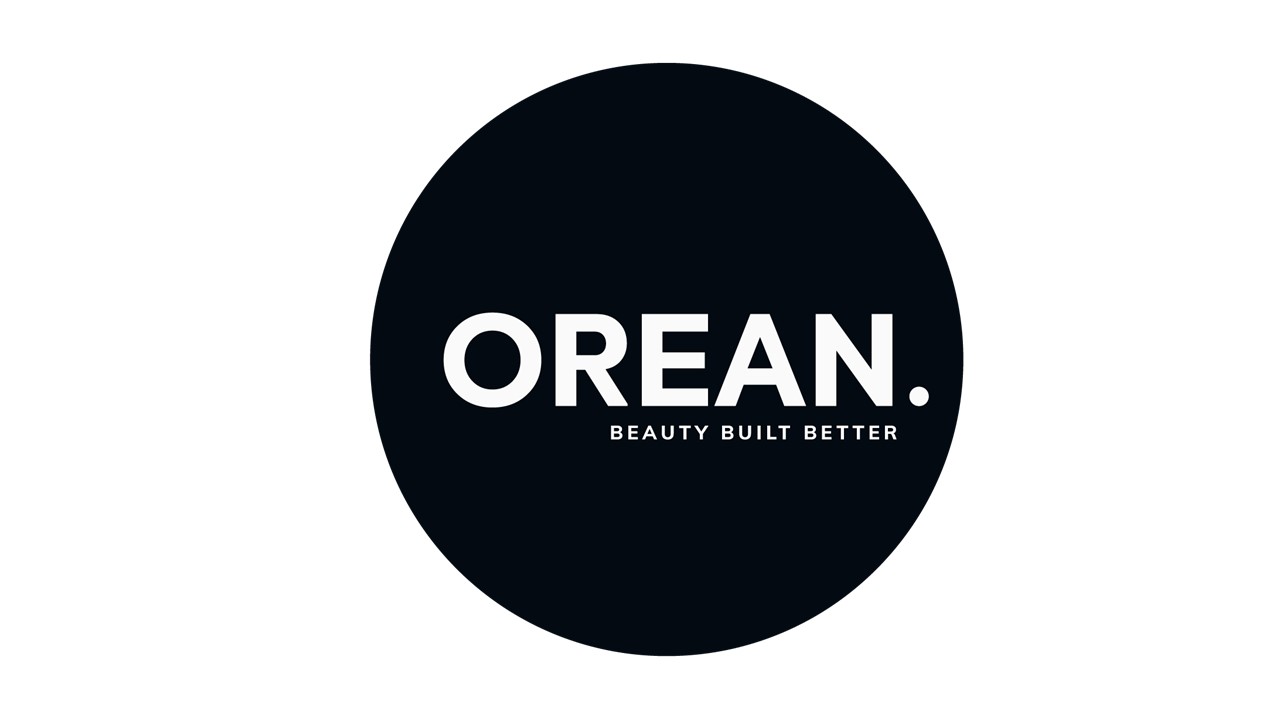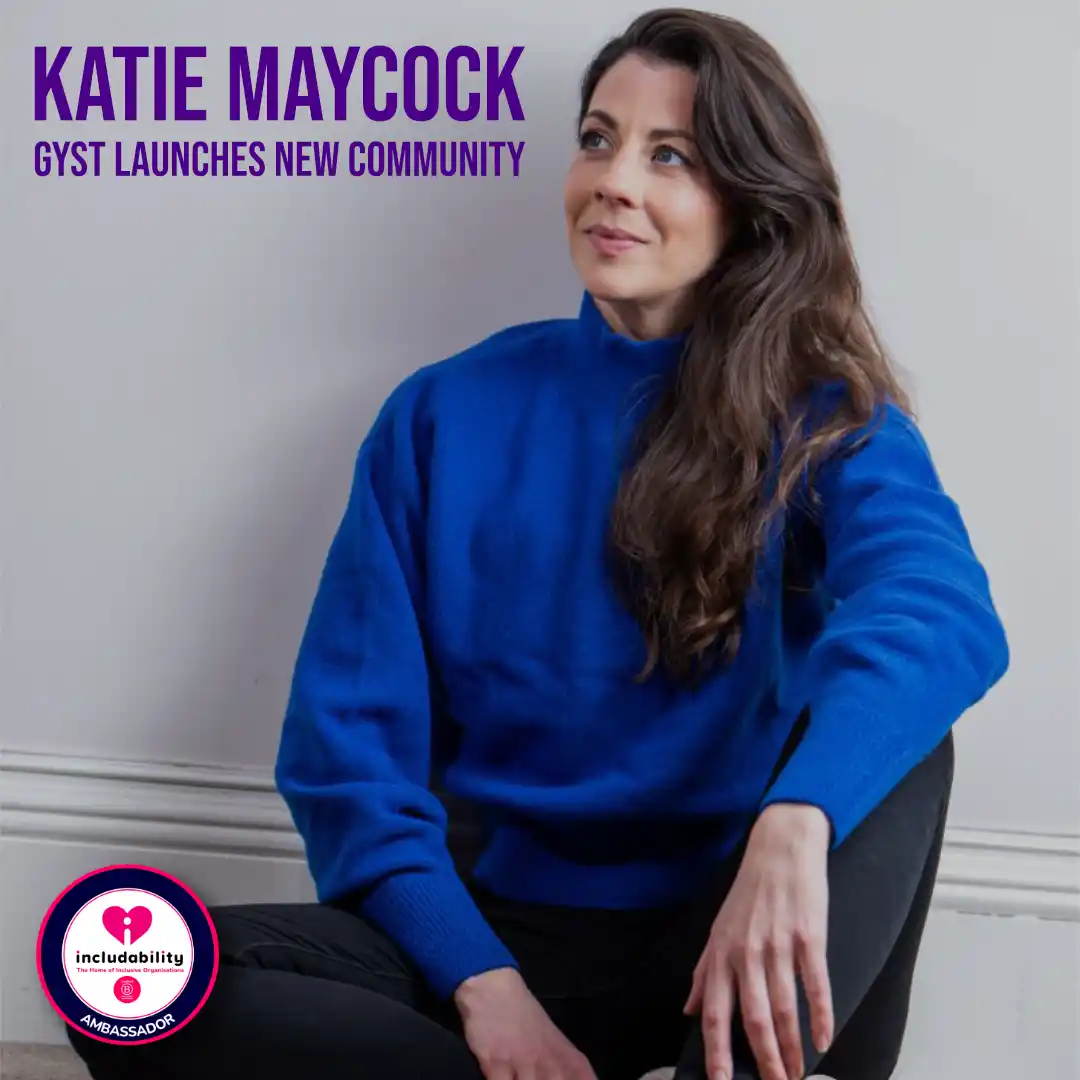National Inclusion Week Stories with Chris Allan
Last week, September 27th - 3rd October, marked the start of National Inclusion Week – an annual week of workplace activities and events that highlight the importance of inclusion to raise awareness of the importance of inclusion in the workplace.

September 27th - 3rd October, marked the start of National Inclusion Week

Nation Inclusion Week
Last week, September 27th - 3rd October, marked the start of National Inclusion Week – an annual week of workplace activities and events that highlight the importance of inclusion to raise awareness of the importance of inclusion in the workplace.
Inclusion is about making sure that people feel valued, respected and listened to. The theme for National Inclusion Week this year is Everyday Inclusion.
The celebration of inclusion coincides with the first birthday of inclusion consultancy, and Includability Official Partner, Your D&I. They offer workshops around inclusive language, bias training and what can be considered as harmful banter in the workplace.
Your D&I Director, Chis Allan, started his journey to educating people and businesses to having more inclusive workplaces around 12 years ago when he was sacked from a well-known men’s fashion retailer for being gay. He was working as the store manager at the time and was let go as the retailer said, “the lifestyle that you have being gay, isn't the type of thing that we want to promote as an organisation.”
In his own words:
I was brought on board to launch a new store. I blitzed the interview process and I was hired because I was a big guy and had a big presence. I had good experience with the retail sector and a really good reputation.
About a couple of months into the job, I was speaking to my assistant manager, and she asked, ‘what are you doing this weekend?’ And I said, ‘I'm going away with my partner.’ She asked, ‘what is she doing?’ And I said, “It’s he”, and we left at that.
Over the weekend whilst I was away and my regional manager for the store came in and asked if I was there, my assistant said to him, “he is away with his boyfriend”. When I came back on the Monday, my regional manager was in and, through the back of the store, we had a bit of a conversation. He said, “it's been brought to light that the lifestyle you lead outside of the business is not the type of lifestyle we want to promote the brand. And for that reason, we're going to have to let you go.”
It was a Chavy men's wear brands. It wasn't my cup of tea but paid well and they had promotion opportunities. What he was trying to say is that they didn't want people to know that I was gay because it might put customers off buying stuff.
I was escorted off the premises. I wasn't even allowed to say goodbye to my staff and was taken out the back door. This was pre-equalities act in 2008 so there wasn't like a whole lot I could do.
I did make a complaint to the HR department a couple of weeks down the line. They gave me a fob off, a month’s salary and that was it. Because of that, every job I had for about five or six years after that, I really struggled to talk openly about my personal life. You don't really go to work to talk about your personal life, but it happens, it's just one of these conversations that comes up, especially in retail when you're working with a lot of people. I really struggled with my identity for a little bit and really didn't disclose much of anything.
It was not until Chris joined the careers department of his local university in Nottingham that he began to feel more open to talk more freely about his personal life. He felt the atmosphere on campus was more open and inclusive. His job was to work with computing students helping in their career paths and working to promote more female inclusion into the tech sector as it more heavily skewed to white, middle-class males at the time.
He and the team made great strides to making the university more inclusive, working with students from different socioeconomic and ethnic backgrounds, and made career exhibitions more accessible for students with autism and anxiety.
His University Role:
An option came up to support businesses with students from underrepresented groups, specifically students from lower socioeconomic backgrounds, students from single parent households, or first to go to university from their family.
Because of the way intersectionality works, the students were generally blended with students who were of colour, for instance, because a lot of the lower socioeconomic students were students of colour based on the demographic of Nottingham.
We did a lot of work with, with businesses there. We set up a lot of intern schemes, we did a lot of graduate schemes which specifically supporting these students. Also getting the businesses in to talk to the students and say some of them came from the same background as you, had the same experiences, and this is a type of thing that you have to do in order to kind of make your way within, within industry.
The job was really rewarding. We really tried to push and make a difference. We launched the university's first ever careers fair that had a quiet hour. That was 11 students who are autistic or had anxiety who perhaps didn't want to come to careers fair with 2000-3000 other students.
They were able to come to a more intimate experience and get the same engagement as their counterparts would.
His work would be cut short as he, unfortunately, would have to take extended time off for personal reasons, but he still maintains a good relationship with the department.
Becoming an EDI Consultant:
During that time, he was approached by a D&I consultancy, and they offered him the chance to push his ideas further. He took them up on it, but, as they primarily focussed on awareness seminars to have more women in leadership roles, but issues with clients limited him.
The pandemic hit soon after and was placed on furlough. It was there the idea of Your D&I was born. It allows him to fully realise his ideas without an employer discriminating him or not going far enough with ideas.
Related resources & events
Get all the latest, news, articles and guides to your inbox
Signing up for the Includability newsletter can be the first step to creating a more complete society. Periodically we will send our latest articles, events & guides from some of the most respected voices in the industry. We run a no-spam policy so you won't get 100's of unwanted messages from us.








.png)






